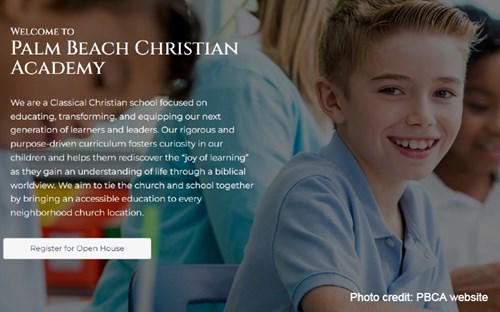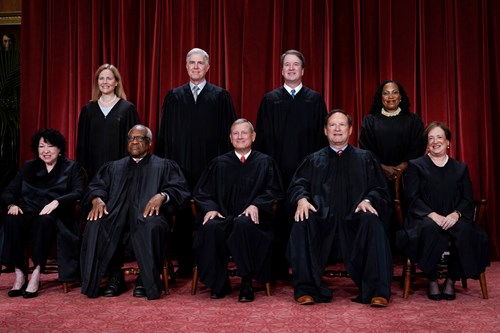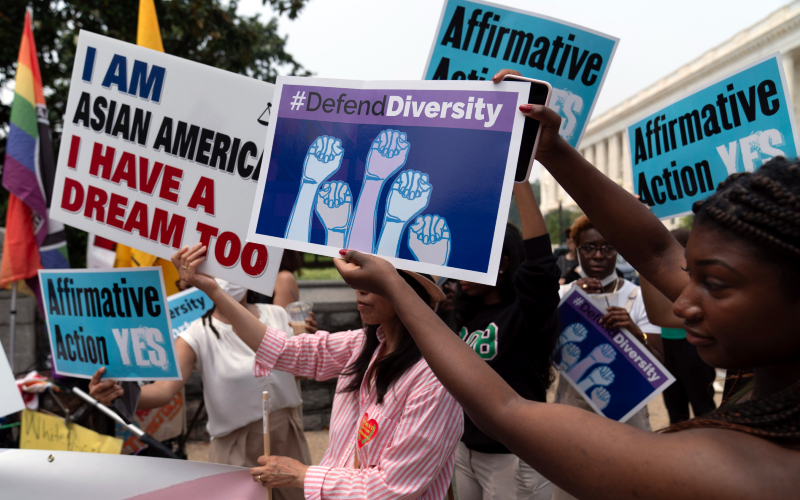Reacting to an Associated Press story about private school growth, Heritage Foundation scholar Jonathan Butcher says he is watching big growth in U.S. states that have adopted expansive school-choice programs for their students.
Lenin, Mao would be pleased with UPenn writing assignmentBob Kellogg, AFN.net A writing course at the University of Pennsylvania is not even pretending to hide its Marxist-themed hatred for the traditional family. The course, named after a book by the same name, is entitled "Abolish the Family.” The book is included in a writing seminar for UPenn’s Marks Family Center for Excellence in Writing, according to an article by The College Fix. The course description states students will be “imagining collective care together," which is another red flag about the Communist-themed assignment. Elsewhere, the same description says people sometimes “turn away” from their biological family and adopt a “chosen” family where they get care, love, and understanding. Diane Gramley, of the American Family Association of Pennsylvania, says the purpose of the course is clearly to “undermine” the family and the role of a husband, a wife, and child. “Red China and the Soviet Union had something to do with ‘helping families’ raise their kids, when they took the kids away to raise them and to propagandize them,” she tells AFN. |
“So broad eligibility, private school scholarships,” he says, “that allow children from all walks of life to apply.”
A few examples he cites are school-choice success stories in Arizona, Florida, and Ohio.
One private school mentioned in the AP story, Winter Garden Christian Academy, is located near Orlando, Florida. The school is part of a Nazarene church. Thanks to Florida’s “Step-up for Students” scholarship tuition program, the church’s new school is educating kindergarten through fourth graders for the first time this year.

The website for WGCA shows school tuition is $10,800 annually. The website also informs families Florida’s tuition scholarship is $7,800 annually.
“We’re making disciples and we’re doing it not just on Sundays but we’re doing it all week long,” Melvin Adams, the church pastor, told the AP.
For its first year of K-4 education, WGCA’s payroll includes an administrator, an office manager, and one teacher assigned to each all five grades, according to the academy website.
Jimmy Scroggins, a Florida-based Southern Baptist pastor, told the AP the church he pastors is planning to launch three classical Christian schools within the next year.
Family Church currently operates three separate school campuses as part of Palm Beach Christian Academy, according to its website.
 “Our hope is to help accelerate this movement of Christian education,” Scroggins said. “That every Christian church with a building will consider starting or hosting a neighborhood school.”
“Our hope is to help accelerate this movement of Christian education,” Scroggins said. “That every Christian church with a building will consider starting or hosting a neighborhood school.”
According to Butcher, the private schools are operating like entrepreneurs who are creating new educational options for students. It’s logical those new schools will be more successful, he says, when students have access to tuition funds.
“When a state creates the option for school leaders, educators, district officials to create a new school and then enroll a wide swath of children, a broad array of students from different parts of the state,” he says, “they're going to have a better opportunity to be successful because there are fewer regulations or fewer obstacles that get in their way."
The AP story also addressed the issue of public, taxpayer-paid tuition funding private schools that are faith-based schools. The story quotes an atheist leader complaining she is not opposed to churches starting schools but opposes taxpayer funding for them.
 According to Butcher, who has studied education for years at Heritage, the legal and religious issue of taxpayer-funded scholarships has repeatedly reached the U.S. Supreme Court. Legal challenges from Ohio, Maine, and Arizona have been ruled legal and constitutional by a majority of the justices, he says.
According to Butcher, who has studied education for years at Heritage, the legal and religious issue of taxpayer-funded scholarships has repeatedly reached the U.S. Supreme Court. Legal challenges from Ohio, Maine, and Arizona have been ruled legal and constitutional by a majority of the justices, he says.
The most recent school scholarship case, Carson v. Makin, was a religious discrimination case decided in 2022. That 6-3 opinion found the State of Maine was violating the First Amendment when it banned high school students from using state-funded tuition to attend a religious-based private school.
“You know, it's important to recognize that the money is going to the family,” Butcher says. “It's going to the student who then decides how it is spent."







